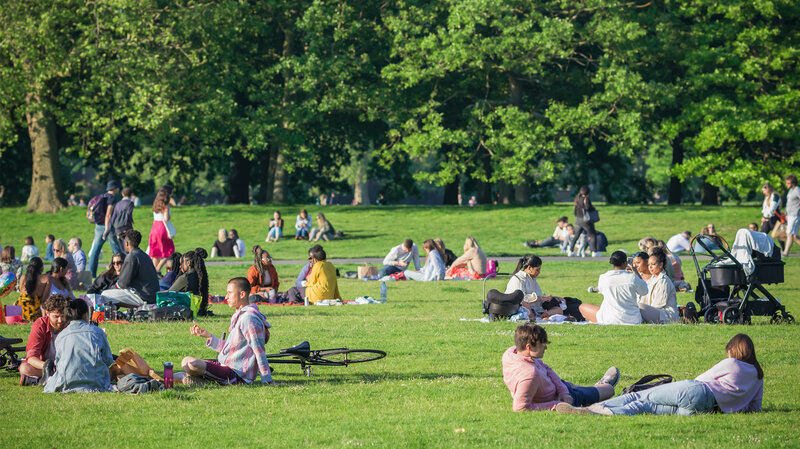🚦 The Everyday Frustration
You walk past a wall beautifully painted—someone’s spit ruins it.
A clean park turns into a trash bin after a weekend.
Public transport seats are scratched, dirty, or damaged.
If you've ever asked yourself, “Why are we like this in public?”, you're not alone.
The real question is:
Is it ignorance—or indifference?
Let’s unpack the psychology, social habits, and cultural norms that fuel this neglect—and what we can do to fix it.
🧠 Ignorance vs Indifference: What’s the Difference?
Ignorance means people don’t know better. They lack awareness or education.
Indifference means they know what’s right, but simply don’t care.
Most of the time, it’s not one or the other. It’s a mix of both, layered with:
Weak enforcement
Lack of ownership
Cultural conditioning
Poor civic education
🔍 What Drives People to Disrespect Public Spaces?
1. ❌ “It’s Not Mine” Mentality
People often think:
“I pay taxes, the government should clean it.”
This thinking creates emotional detachment. Public spaces are seen as someone else’s responsibility, not ours.
2. 📚 Lack of Civic Education
In many places, civic sense isn't formally taught.
We teach children math and science, but not how to treat public property, throw garbage, or wait in queues.
Ignorance isn't always willful—it’s a gap in learning.
3. 🤷 Weak Consequences
When there are no penalties or fines—or they're not enforced—people stop caring.
If you can litter, spit, or break a bench without punishment, why behave better?
4. 🤐 Normalizing the Wrong Behavior
When public misbehaviour becomes common, people start thinking:
“Everyone does it—it’s normal.”
This herd mentality erodes civic responsibility. Instead of setting examples, we follow bad ones.
5. 😑 Lack of Ownership or Pride
People often respect their homes more than their streets. Why? Because they feel ownership.
Public spaces belong to everyone, yet no one feels personally connected.
6. 😕 Inconvenient Infrastructure
Sometimes, disrespect isn’t the fault of the citizen alone.
No dustbins in sight
Dirty public toilets
Poor signage or awareness
These gaps enable bad behaviour, making the “wrong thing” easier than the “right thing.”
🧾 Real-Life Examples
A well-maintained public restroom is clean on Day 1. Within 3 days, it’s vandalised.
Citizens who never litter in Singapore feel no guilt spitting in India.
Posters say “Do not urinate”, but the wall below is wet.
In each case, the disrespect may start with one person, but it spreads when no one corrects it.
🔄 The Vicious Cycle
Public spaces are neglected.
People assume no one cares.
They treat it worse.
It degrades faster.
Civic apathy deepens.
Until someone breaks the cycle.
🛠️ How to Fix This: From Passive to Proactive
✅ 1. Education First, Always
Include civic habits in school curricula, as important as science or history.
Let kids grow up knowing:
Why don’t you litter
How public spaces build community
That respect is a social duty
✅ 2. Empower Citizens, Not Just Government
Instead of only waiting for officials:
Join clean-up drives
Report violations
Use social media to highlight good & bad behaviour
“Be the citizen you want your neighbor to be.”
✅ 3. Create Pride in Public Ownership
Campaigns like “My City, My Pride” build emotional connection.
When people feel ownership, they behave better.
✅ 4. Strengthen Laws & Reinforce Them
Fine for littering? Enforce it.
Anti-spitting zone? Patrol it.
CCTV in public places? Use it to hold people accountable.
Rules work only when they're applied consistently.
✅ 5. Celebrate the Ones Who Care
Spot someone cleaning their surroundings, planting trees, or guiding traffic?
Highlight them in your community or page.
Positive behaviour is contagious when it’s noticed and appreciated.
🧠 Final Thoughts: It’s a Cultural Shift
Disrespect for public spaces isn’t just about one action—it reflects how we see ourselves as a society.
The good news?
We can shift from ignorance and indifference to awareness and action.
“If public spaces reflect public behavior, let’s make them a reflection of pride—not neglect.”












Recent Comments
No comments yet.